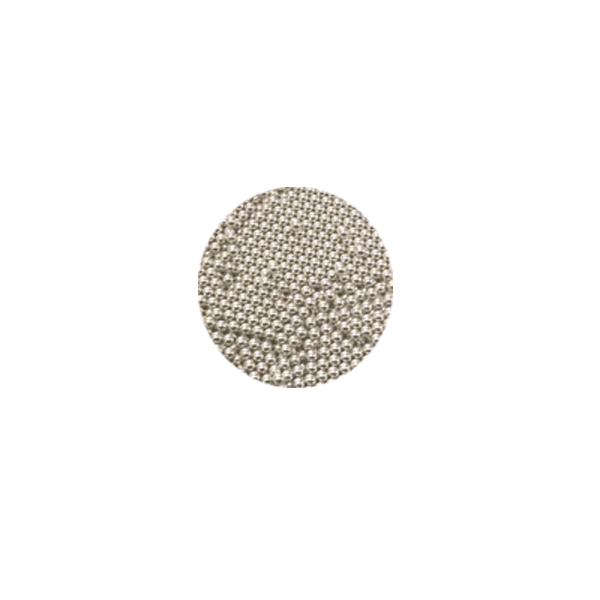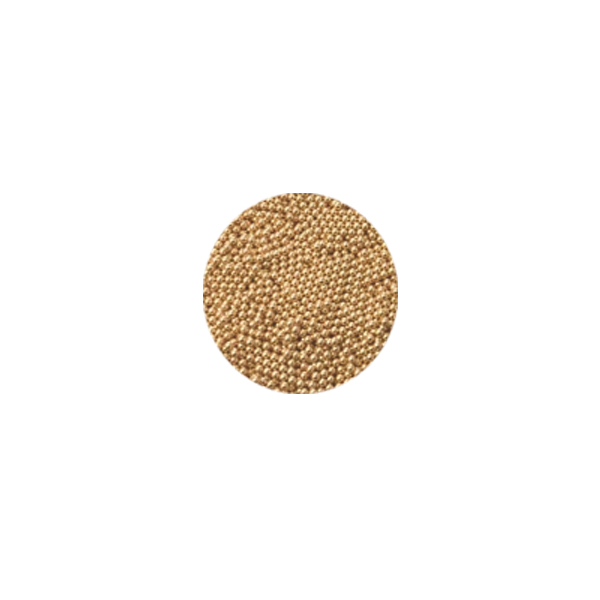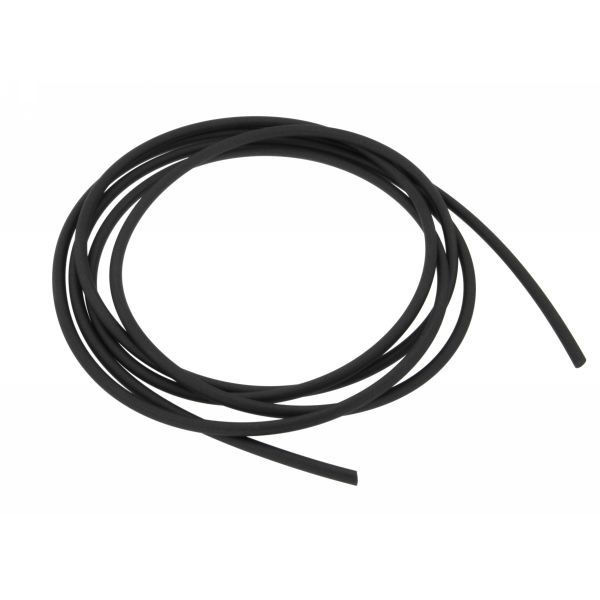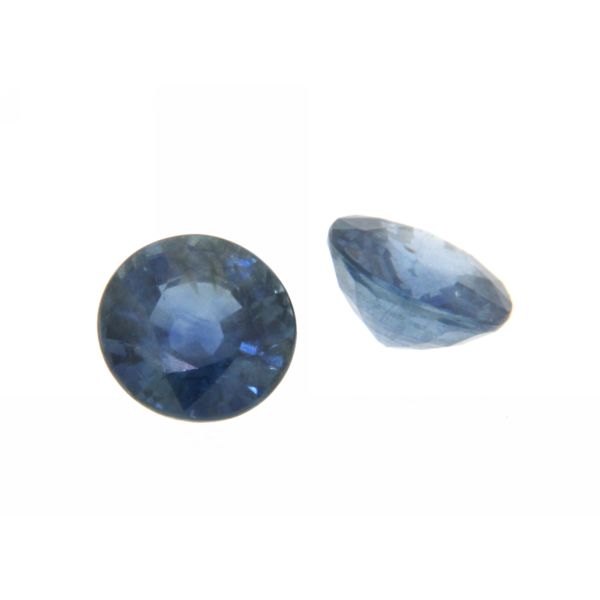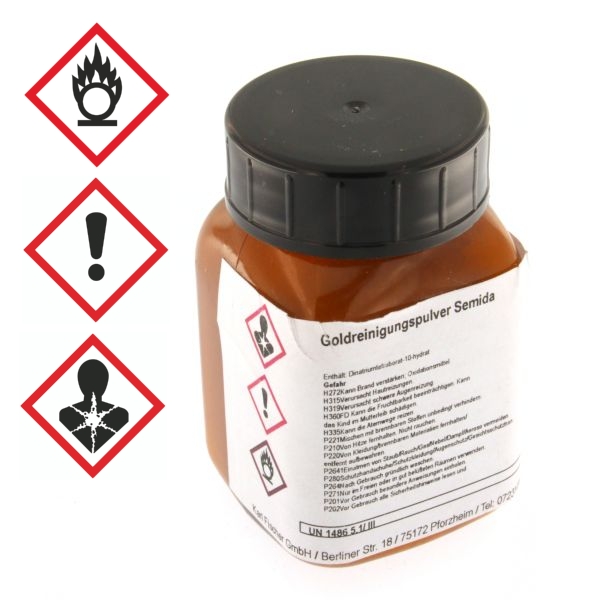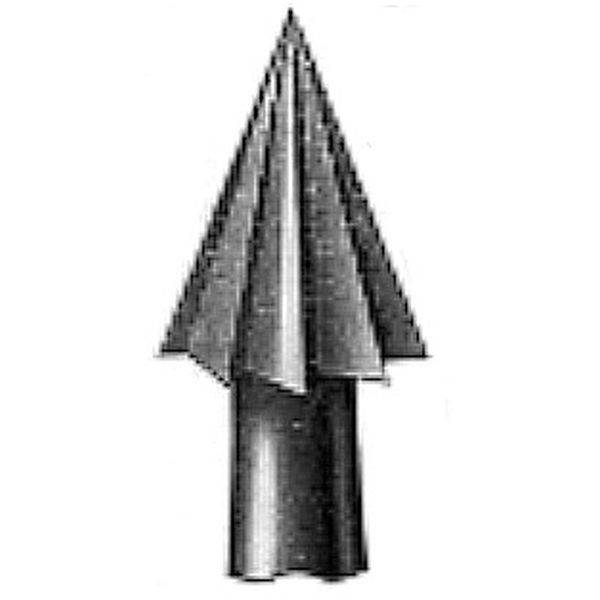GRANULATION BEAD SILVER
- Diameter: 0,60 mm
- 925/000 Silver
Fineness/Alloy: silver
Information on the sustainable and fair handling of precious metals.
Worth knowing
The granulation
was already developed 2560 years before Christ to decorate the jewelry of that time. Even today, the processing with these smallest beads is still used for exclusive jewelry. The charm of good granulation work depends on the size and shape of the granules, the uniformity of their arrangement and the barely perceptible metallic bond on the base metal support.
Production of granilation balls
To obtain equally sized (paillas) sections, take a thinly drawn wire (about 0.2 mm) and bundle such wires into a strand of about 10 wires, which are then cut with setting shears at increasingly equal intervals. A stainless steel crucible or bowl is sprinkled with lime charcoal powder on the inside bottom. This is followed by a layer of metal cuttings, then charcoal powder again, etc., up to about 2 cm below the rim of the crucible. It is important that the metal sections do not touch each other. The crucible is now placed in a melting furnace, which is heated to 1200° C. The crucible remains here for approx. It remains here for approx. 1-2 h. The crucible is then left in the furnace until it cools down. The contents of the crucible are poured into a vessel that is ¼ filled with water. Further water is added until it is clear. The granules visible on the bottom are placed in a space dish and dried with the flame. After sorting out the irregular granules, they are sorted by size using a tower sieve.
Tailored product / Special order
This item is assembled/manufactured on request. Please understand that the final product price could vary and there may be delays in delivery.


